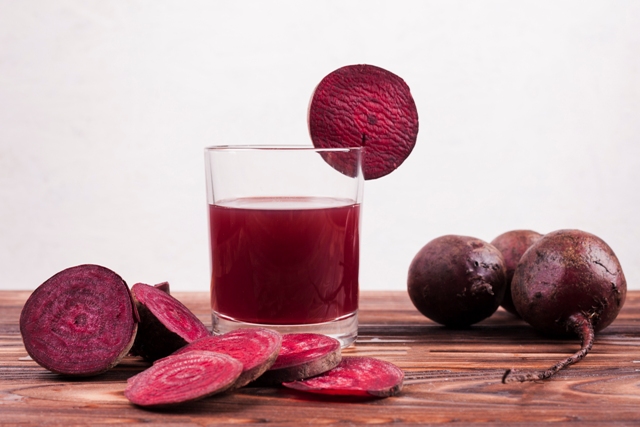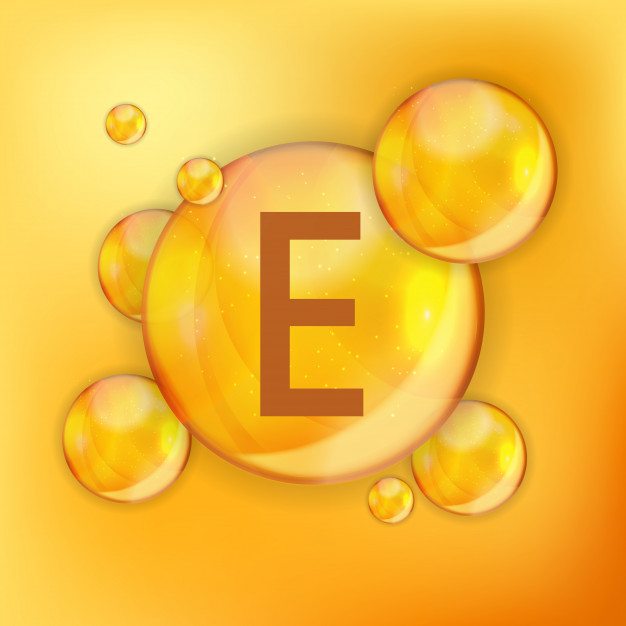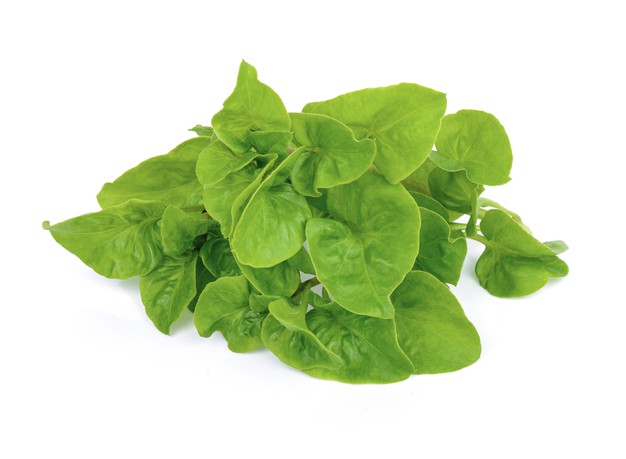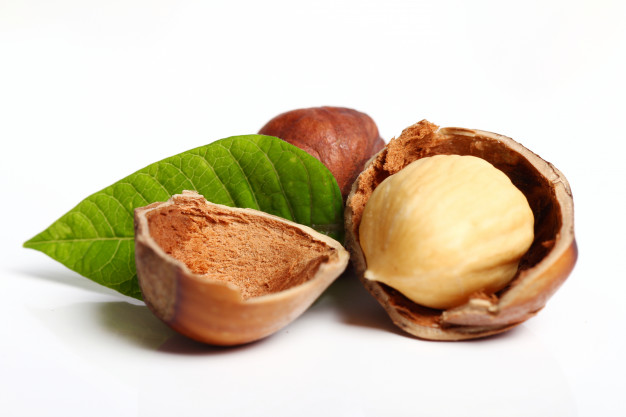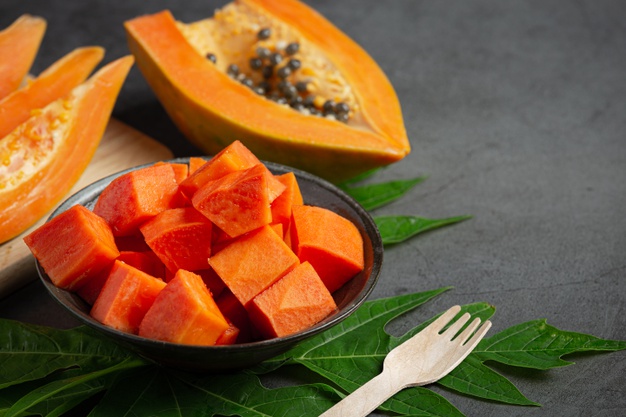Juice prepared from beetroot is termed as beetroot juice. It is a healthy food with an excellent nutritional profile. It is extremely rich in vitamins, minerals, fibre and antioxidant. It is widely used as an important remedial action for hypertension as well as inflammation and plays significant role in improving athletic performance.
Nutritional profile
- It contains lesser amount of carbohydrates but significantly rich in fibre
- It is consisting of various imperative amino acids
- It contains negligible amount of fat thus it is known as low fat food
- It does not provide enough calories on its oxidation due to its poor carbohydrate and fat contents
- It contains various important micronutrients, which include Vitamin C, Vitamin B1, B2, B3, B6, B9, calcium, phosphorus, magnesium, manganese, potassium, iron, zinc and copper
- It is also packed with numerous phytochemicals that exhibit several nutraceutical activities
- It contains an important component named betalin that helps to provide the deep red colour of beet root
- It also contains a group of organic compounds called nitrates that also offer numerous health benefits
Biological activity
Antioxidant activity
- It is packed with antioxidants, which help to protect the body from oxidative damages
- It helps in neutralizing free radicals and it is also associated with protecting the body from the detrimental effects of reactive oxygen species, which ultimately helps in preventing oxidative stress

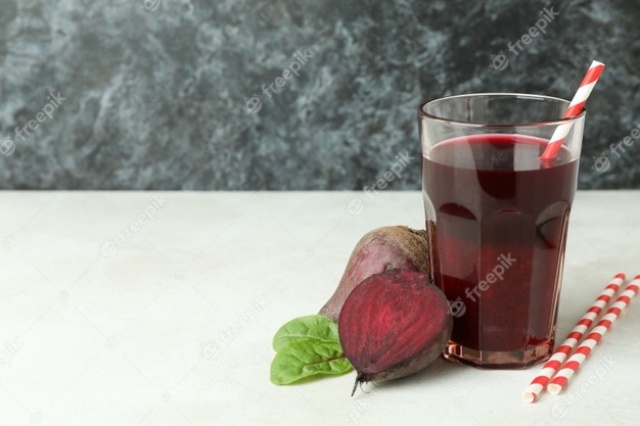
Anti-inflammatory activity
- Betalain component of beetroot plays vital role in preventing inflammation as it exerts potent anti-inflammatory activity
- It helps in decreasing the concentration of inflammatory markers in body, which are responsible for triggering inflammation as a result it delays the onset on inflammatory events within body
- It is also associated with inhibiting the specific signaling pathways, which are involved in inflammatory diseases
- It helps to prevent joint swelling as well, thus its consumption is thought to be very effective for preventing arthritis
- It also plays significant role in reducing pain
Anti-carcinogenic activity
- Betalain component of beet root exhibits strong anti-carcinogenic activity as well and helps to reduce the prevalence of carcinoma
- It has the ability to suppress the growth of malignant cells within body and also prevents metastasis
- It is also associated with decreasing the division as well as growth of tumor cells
- It is extremely effective for decreasing the prevalence of prostate cancer, colon cancer and breast cancer
Hypotensive activity
- It has been extensively used as an imperative remedial action for hypertension as it exhibits powerful hypotensive activity
- Beet contains high amount of nitrate, which is further converted into nitric oxide within body. Nitric oxide acts as an important vasodilator that helps in dilating blood vessels, which subsequently lowers blood pressure

Hypolipidemic activity
- Its consumption is very effective for decreasing total fat percentage of body due to its hypolipidemic activity
- It plays significant role in reducing the concentration of LDL, VLDL and triglyceride in body whereas it is also associated with increasing HDL concentration thus its consumption is thought to be very useful for obtaining a healthy lipid profile
Health benefits
Role of immunity
- It helps in boosting up the overall immunity of the body as it contains various immune boosting nutrients
- It helps in protecting every immune cell from free radical induced oxidative damages thus helps in sustaining their activity, which ultimately helps to strengthen the defense mechanism of the body
- It is better to consume beet root juice at least once a day in order to lessen the susceptibility of becoming ill
Role on hepatic health
- It contains various nutrients that help to promote hepatic health and functionality
- Its antioxidant as well as anti-inflammatory activity is accountable for protecting liver from damages as a result helps in reducing the prevalence of hepatic disorders
- It is also very effective for eliminating toxins from body thus plays significant role in protecting the liver from the harmful effects of toxins. As a result it helps in improving hepatic health and ensures healthy metabolism too
- Its fibre component is also accountable for preventing hepatic cell necrosis as it is associated with inhibiting fatty infiltration of hepatic cell as a result helps to reduce the prevalence of fatty liver disease
- Its cholesterol lowering activity is also accountable for decreasing the risk of developing gall stones
- Vitamin B6 plays vital role in treating nonalcoholic fatty liver disease as well

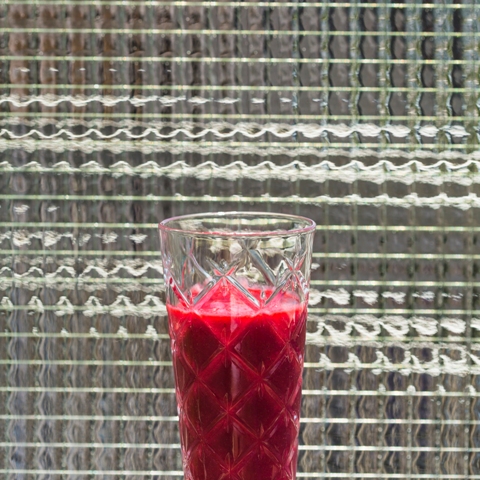
Role on digestive health
- It plays significant role in promoting overall digestive health
- Its fibre content helps in promoting regularity. Fibre is responsible for making defecation easy because it helps to make the stool soft and bulky
- Fibre is also associated with promoting peristalsis
- It helps to improve colonic health as well and plays important role in reducing the prevalence of diverticular diseases
- It is also associated with protecting gastrointestinal tract from oxidative and inflammatory damages, which ultimately help to reduce the susceptibility of inflammatory bowel disease, irritable bowel syndrome and ulceration
- It contains adequate amount of glutamine, which is an amino acid that plays imperative role in maintaining a healthy gut. It is also related with improving the growth of intestinal beneficial microbes that help in promoting gut health too

Role on nervous system
- Consumption of beetroot juice is extremely helpful for improving the health and functionality of overall nervous system
- Beet root contains significant amount of nitrate, which is closely associated with increasing blood flow to brain especially to the frontal lobe of the brain, as a result helps in preventing cognitive declining and memory loss
- It is also associated with improving cognitive thinking and learning skill
- Its consumption is very effective for reducing the prevalence of dementia, Alzheimer’s disease and Parkinson’s disease
Role on endurance
- Its consumption is extremely useful for improving endurance and all the credit goes to its nitrate component
- Nitrate plays imperative role in enhancing the efficiency of mitochondria, which are accountable for producing energy within cell thus its consumption is thought to be very effective for improving athletic performance
Therapeutic uses
It has been extensively used for various therapeutic purposes, like –
- It is traditionally used as an imperative therapeutic substance for preventing anemia. It is rich in iron and folic acid, which are responsible for promoting the synthesis and maturation of hemoglobin as well as RBC thus its consumption plays significant role in reducing the prevalence of anemia
- It is also considered as an important food for gestational period due to its folic acid component as folic acid helps in reducing the prevalence of birth defects. Whereas it is also associated with promoting the growth and development of fetus
- Its consumption helps in wound healing as well
- It also helps in promoting metabolism
- It plays vital role in maintaining ideal body weight. Its fibre content is responsible for facilitating weight reduction as it helps in decreasing fat percentage of body. Whereas it is also related with suppressing appetite as it delays stomach emptying thus helps to prevent over eating
- Its consumption is also associated with reducing the prevalence of stroke and heart attack. Regular consumption of beetroot juice helps to keep cardiovascular diseases at bay

Risk factors
- Its over consumption may increase the risk of developing kidney stones due to its high oxalic acid content
- Individual who are on hypotensive drug should consult with health expert before consuming it
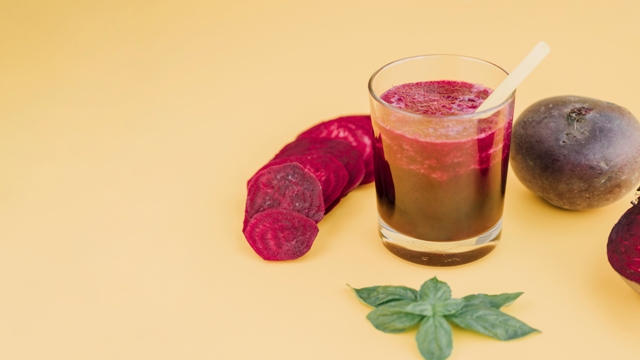
Source:
Chhikara, N., Kushwaha, K., Sharma, P., Gat, Y. and Panghal, A., 2019. Bioactive compounds of beetroot and utilization in food processing industry: A critical review. Food chemistry, 272, pp.192-200.
Clifford, T., Howatson, G., West, D.J. and Stevenson, E.J., 2015. The potential benefits of red beetroot supplementation in health and disease. Nutrients, 7(4), pp.2801-2822.
Fu, Y., Shi, J., Xie, S.Y., Zhang, T.Y., Soladoye, O.P. and Aluko, R.E., 2020. Red beetroot betalains: Perspectives on extraction, processing, and potential health benefits. Journal of Agricultural and Food Chemistry, 68(42), pp.11595-11611.
Murphy, M., Eliot, K., Heuertz, R.M. and Weiss, E., 2012. Whole beetroot consumption acutely improves running performance. Journal of the Academy of Nutrition and Dietetics, 112(4), pp.548-552.
Ormsbee, M.J., Lox, J. and Arciero, P.J., 2013. Beetroot juice and exercise performance. Nutrition and Dietary Supplements, 5, pp.27-35.
Usman, M. and Davidson, J., 2015. Health benefits of beetroot. Mendon Cottage Books.
